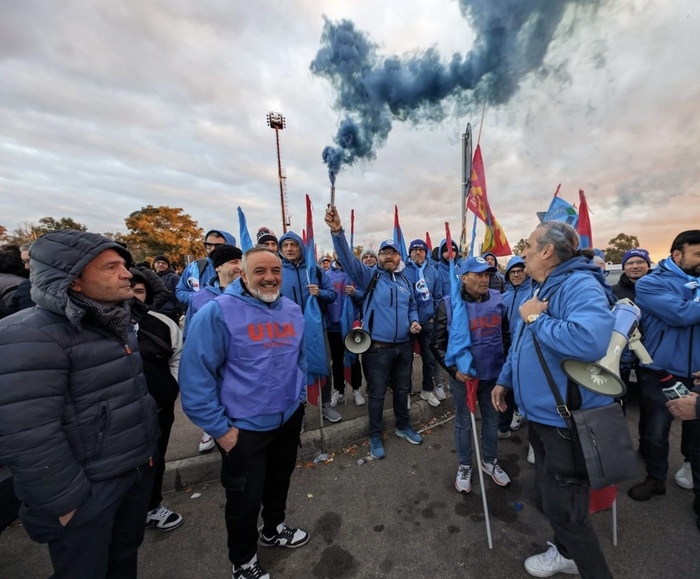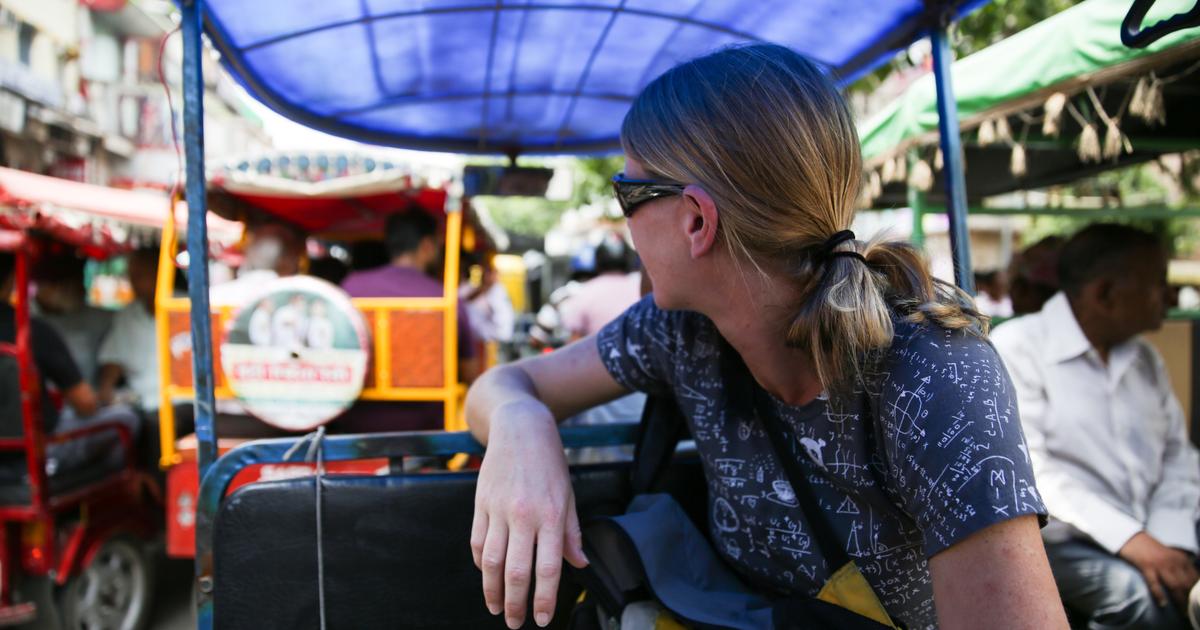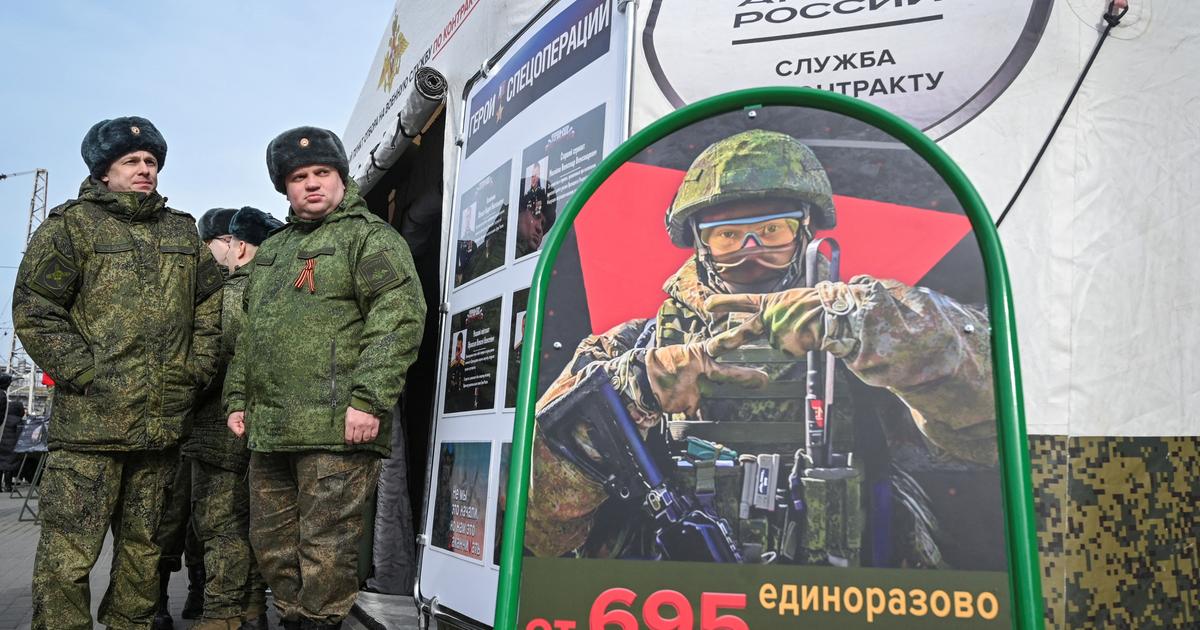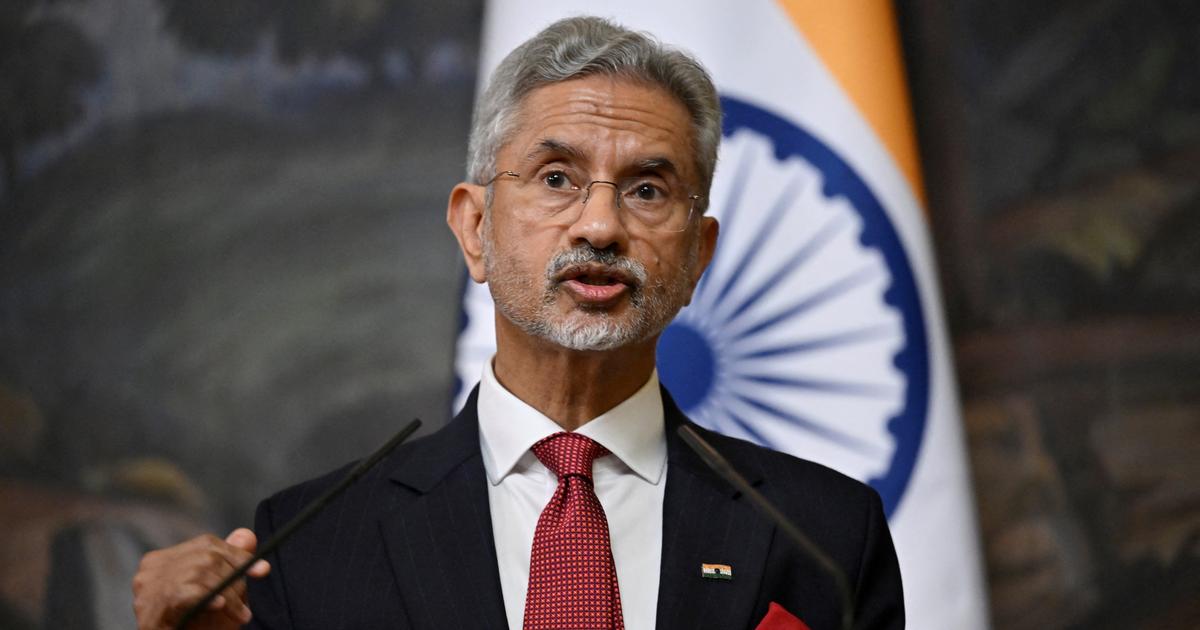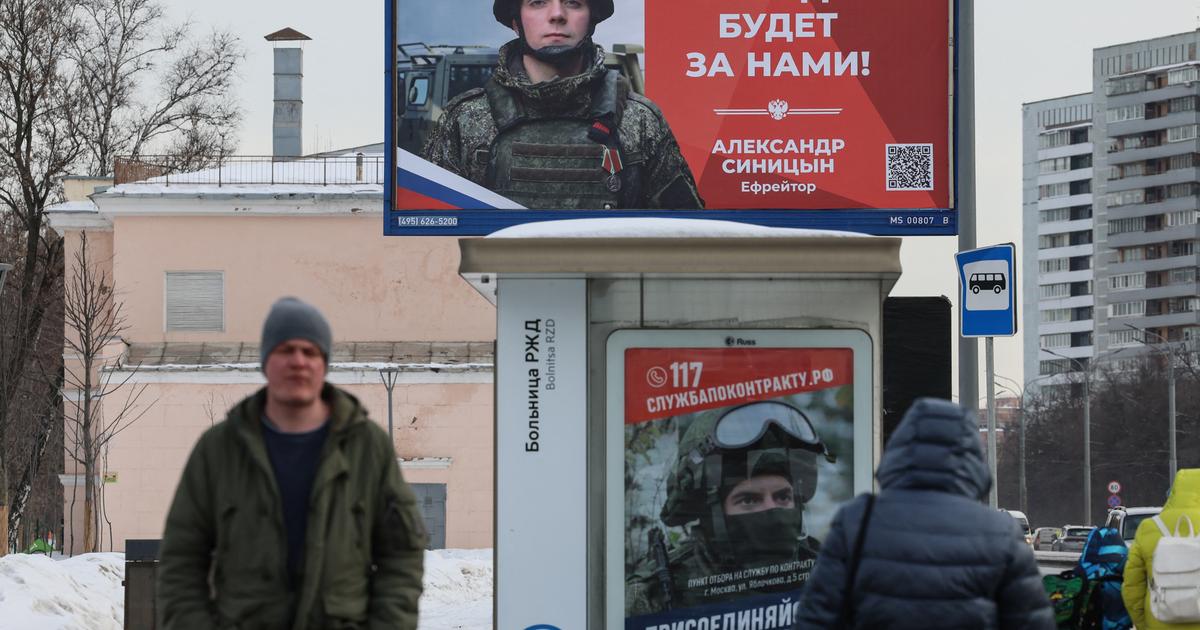The tragedy made the Awá indigenous people visible in 2009. The former FARC-EP perpetrated the Tortugaña Telembí massacre, which left 850 displaced and 12 people killed, including two pregnant women.
Precisely, that same year the Constitutional Court warned about the imminent risk of physical and cultural disappearance of this town made up of more than 26,000 people.
In the same document, he ordered the State to provide special protection.
11 years later, the violence against the Awá people continues.
Just a week ago, a new massacre left three Awá indigenous people murdered in the Inda Sabaleta reservation, including Juan Orlando Moreano, its current deputy governor.
The Awá formed a delegation from the Indigenous Unit of the Awá People (UNIPA) that after several days of travel through the jungle and trail arrived in Bogotá this week to denounce the continuous violence that plagues them.
The homicides and massacres are just the tip of the iceberg in a community that lives in permanent confinement by the armed groups that operate in the area.
The delegation will meet with international organizations to make effective the protection measure of the IACHR that they also have, but which, like the order of the Court, has not been made effective either.
During the first months of 2016, in the framework of the talks in Havana, an ephemeral calm was glimpsed.
But the peace was short-lived for the Awá people.
Barely a few months after the signing of the Agreement, barbarism returned to its territory.
According to the UNIPA Human Rights Observatory, after the Agreements there have been 95 murders, four massacres, 13 mass displacements and 16 forced disappearances.
Floriberto Canticus, who is part of the delegation and is UNIPA's Secretary General Councilor, measures the impact of these events: “When our brothers are assassinated, the life of a large Awá family is practically lost.
If they assassinate a leader or a traditional authority, the fabric that has been sewn in the community process is broken and the political processes of the reservations are weakened.”
Claudia, an Awá leader for 17 years, comments that the exacerbated violence was a consequence of the low implementation of what was consigned in Havana.
"We will always agree with any effort that is made for peace, but it is also important to say that there was not enough commitment from the current government to implement these agreements," she says.
Researcher Carlos Espitia from the Institute of Studies for Development and Peace (INDEPAZ) agrees with this opinion and adds that the negligence in complying with the Court's mandate was reinforced by the complexity of the area where they live, a border territory with exit to the sea where the drug trafficking route plays a key role in the economy of the place.
For Espitia, the reconfiguration of the conflict after the former FARC left the territory left a vacuum in terms of territorial control and atomized the illegal armed groups.
Now, most of the mafias that have a presence in the region do not have a political structure such as the guerrilla, but rather are military structures specifically dedicated to drug trafficking, such as the Oliver Sinisterra Front, the United Guerrillas of the Pacific and Los Contadores.
In the last year, however, there has also been a sporadic presence and some clashes between structures associated with Gentil Duarte's FARC dissidents and structures of the Second Marquetalia.
The violence has led to an increase in state presence exclusively through militarization, excluding other comprehensive protection measures for the population.
UNIPA claims that despite the fact that meetings are held periodically with state entities, with which more than 620 commitments have been signed, none has gone beyond paper.
Not even in terms of coverage of basic services.
Most of its reservations are completely incommunicado.
Although the crisis seems to be getting worse, the resistance of the Awá seems to be getting stronger.
His faith was renewed by the election of Gustavo Petro.
The Awá received this victory with optimism because the presence of Francia Márquez means a possible guarantee for them, since she has lived through the rigor of the conflict just like her people.
“We hope that this new government will be different and have a commitment to peace.
The truth is that it is a dream that I do not know if I will be able to see it,” says Leidy, a young leader of the Tortugaña Telembi Indigenous Reservation.
While they wait for the commitments to be fulfilled, the Awá indigenous people have decided to bet on their own protection and pedagogy through the strengthening of their Indigenous Guard, made up of more than 2,000 people.
They also promote community radio stations to keep their customs alive, repair the social fabric and confront one of the phenomena that most concerns them: the forced recruitment that stalks their young people.
Thus, they seek to separate themselves from the militarization of their 'Katsa Su', as they call the territory they inhabit.
The indigenous people demand that their reservations be conceived as a power of life” because, by reducing violence, they could dedicate themselves to protecting the biodiversity that surrounds them, such as the more than a thousand species of birds that they have been able to identify.
After knocking on doors here and there, with all kinds of humanitarian, social and government organizations, the delegation will return to their shelters in the coming days.
They return with prevention and fear, because they feel exposed.
Still they want to do what is necessary to stop the extermination.
That includes raising your voice, demanding and denouncing: “We have decided not to remain silent.
If we remain silent, they will continue to kill us.”
Subscribe here
to the EL PAÍS newsletter on Colombia and receive all the key information on the country's current affairs.

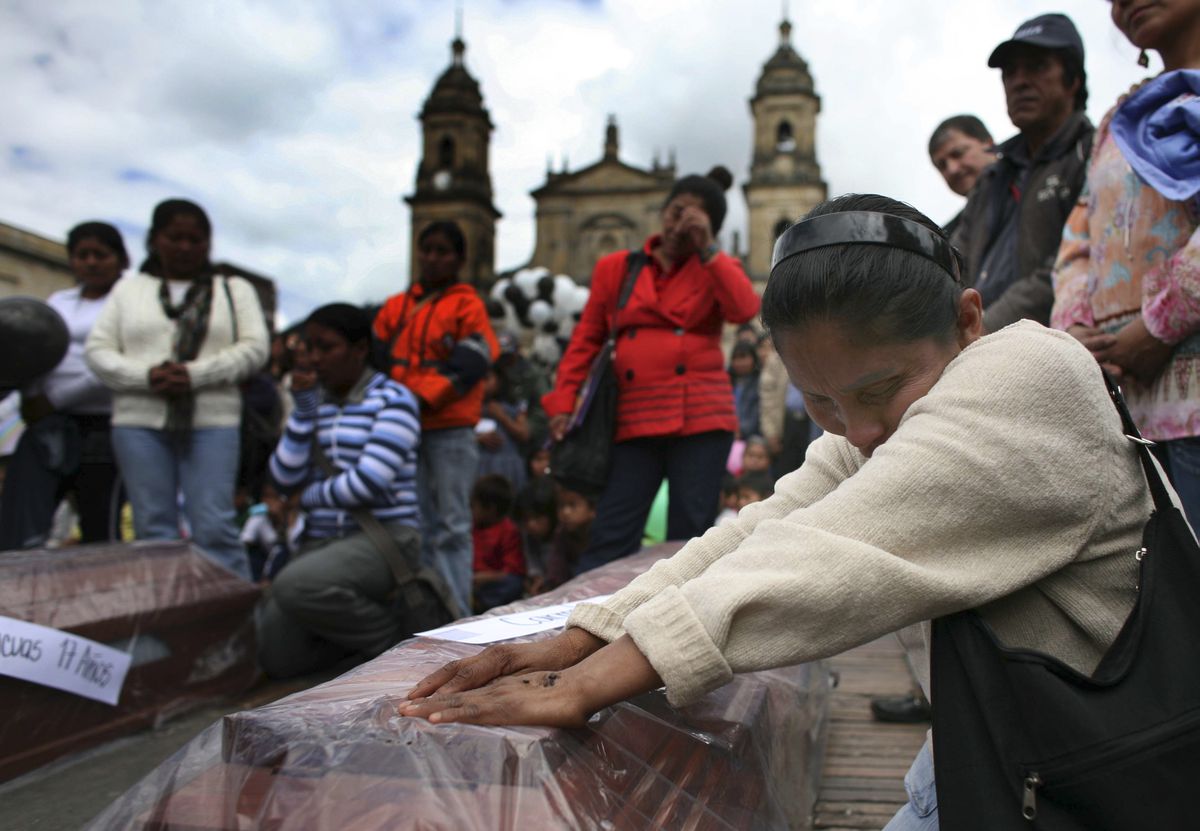
/cloudfront-eu-central-1.images.arcpublishing.com/prisa/C2F5X5KAI5GZ5BA5ZW4TEK3GFQ.jpg)
